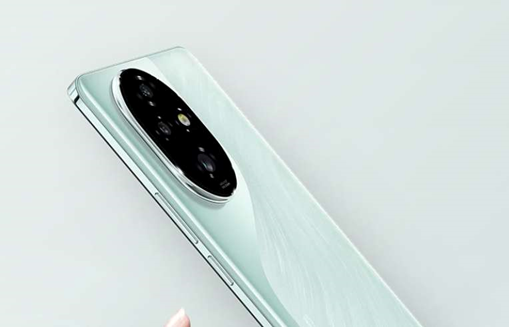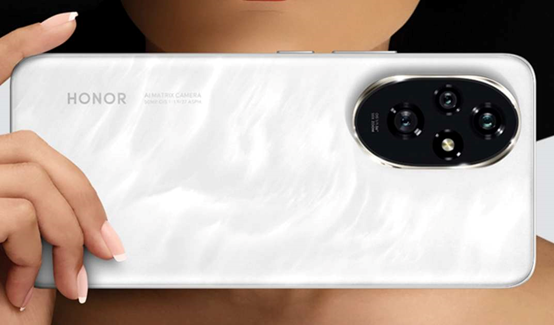A new phone like the HONOR 200 Pro is a major purchase. With so many choices, features, and specs, it's easy to feel overwhelmed. You need to focus on what matters most for your daily needs—not just flashy specs or hype. Before you make a decision, review these key factors to avoid wasting money or choosing the wrong device.
Factors to Consider Before You Purchase
Buying a phone isn’t just about getting the latest model. You need to evaluate how the device fits your lifestyle, habits, and budget. These points will help you make a smart, long-term choice.
Performance and software support matter more than specs
A phone’s processor and RAM control how smoothly it runs. You don’t need the highest numbers, but you should choose a model with enough speed to handle your daily apps without lag. Check if the phone supports the latest operating system version. This ensures better security, smoother performance, and access to new features. Regular updates extend your phone’s usable life and protect your data. Look for devices that receive consistent software and security patches. A well-maintained phone stays faster and safer longer, which saves you money down the road. Internal storage is also key. Apps, photos, videos, and system files add up quickly. Go for more storage than you think you need, especially if the phone doesn’t support a memory card. If you multitask often or use heavy apps, focus on phones with more RAM and faster chipsets. For casual users, mid-range performance can still handle daily use with ease.

Battery life and charging speed impact daily use
Even a great phone becomes useless when the battery dies early. Before you buy, check the battery capacity in mAh and read real-world usage reviews. A large battery doesn’t always mean long life—it depends on software optimization too. Phones with power-efficient displays and adaptive refresh rates often last longer on a single charge. Always-on displays, 5G, and gaming can drain the battery faster than expected. Charging speed matters too. A phone that charges to 50% in 30 minutes is more useful than one that takes hours. Look for fast charging support and ensure the charger is included or readily available. Wireless charging adds convenience but often charges slower. Decide if you prioritize speed or convenience in your daily routine. Battery longevity also depends on how you use and charge your phone. Models with smart charging management can preserve battery health over time, which reduces the need for early replacement.
Display quality, camera needs, and build type affect experience
Your screen is where you spend all your time. A good display improves everything—reading, streaming, gaming, and texting. Prioritize resolution, brightness, and refresh rate. If you use your phone outdoors, check the maximum brightness level. For gamers or heavy scrollers, a 90Hz or 120Hz refresh rate gives a smoother experience. Camera specs don’t tell the full story. More megapixels don’t always mean better photos. Instead, focus on real-world camera performance, including night shots, video quality, and software processing. If you take a lot of photos or shoot content, also check for optical stabilization, slow-motion video, and editing tools. Some phones offer great camera modes without extra lenses—software makes a difference. Durability matters too. Choose materials that match how you use the phone. Glass looks great but may crack easily. Plastic may resist drops better. If you’re often near water or outdoors, check for water resistance ratings like IP67 or IP68. Some phones also support features like fingerprint readers, face unlock, or stylus input. Decide which extras matter to you and whether you’ll actually use them.

Conclusion
Buying a phone isn’t about having the most features—it’s about having the right ones. Before you buy, think about how you use your device every day. Do you need long battery life, sharp photos, or smooth multitasking? Your answers guide the right choice. Check for software support, real-world performance, and solid battery life. Pick a screen and camera that fit your routine. Don’t get distracted by flashy specs you’ll never use. A phone should make your life easier, not more complicated. By focusing on your actual needs, you’ll pick a device that works for you now and stays reliable later.
